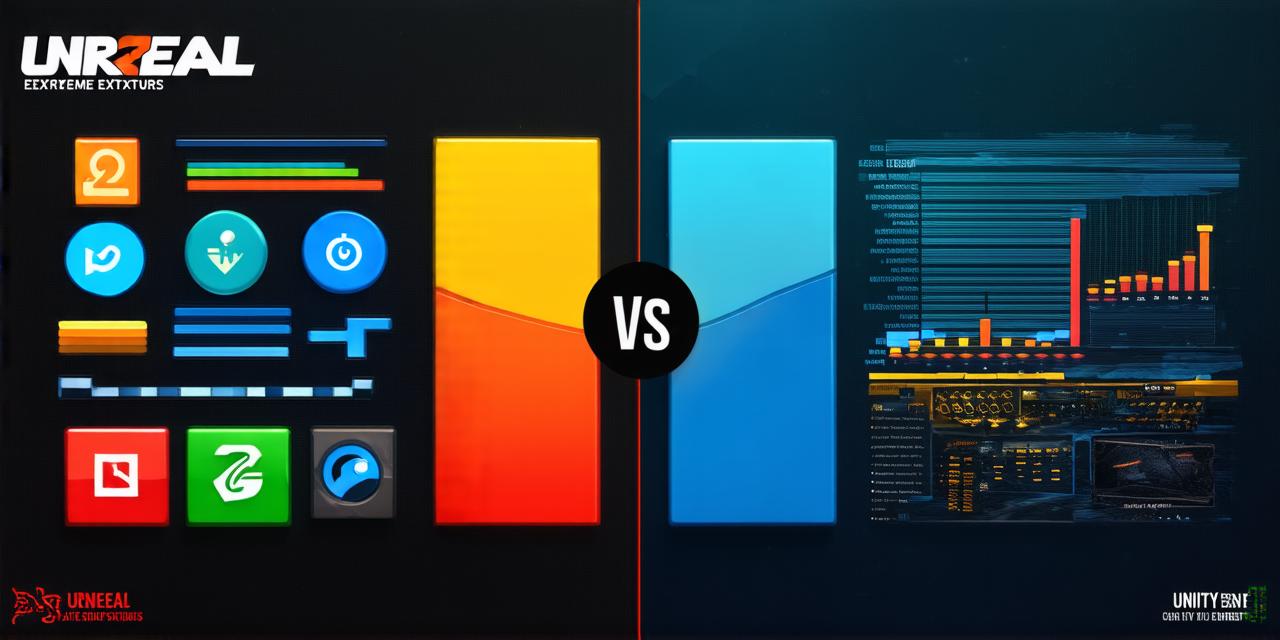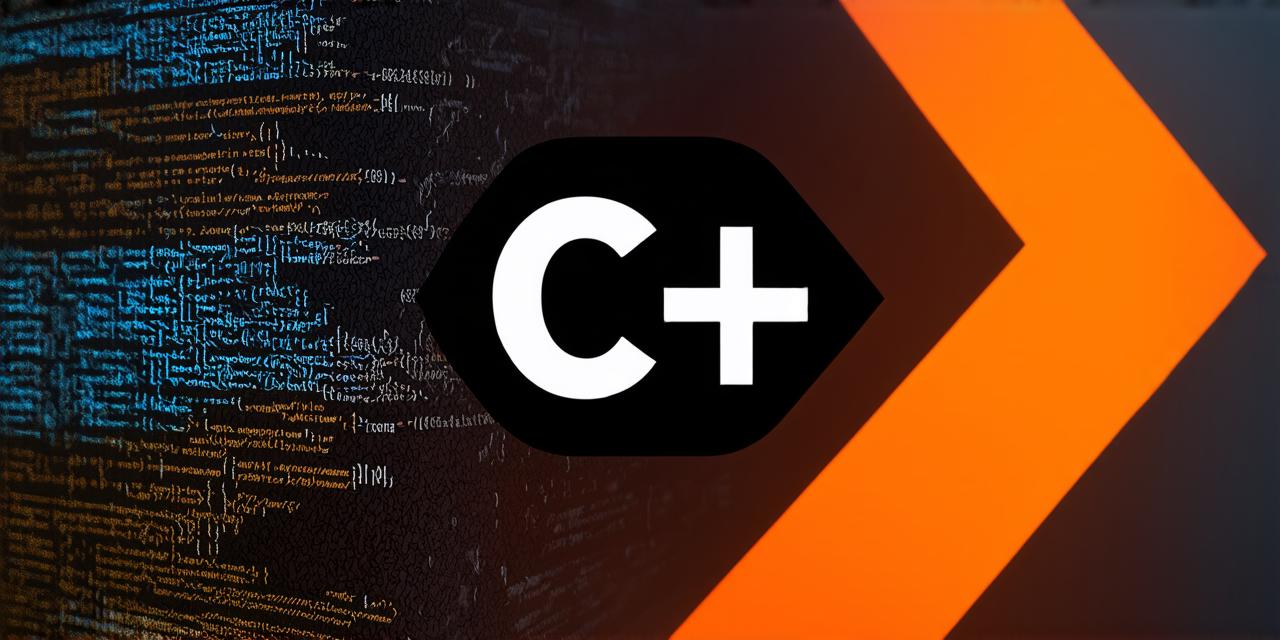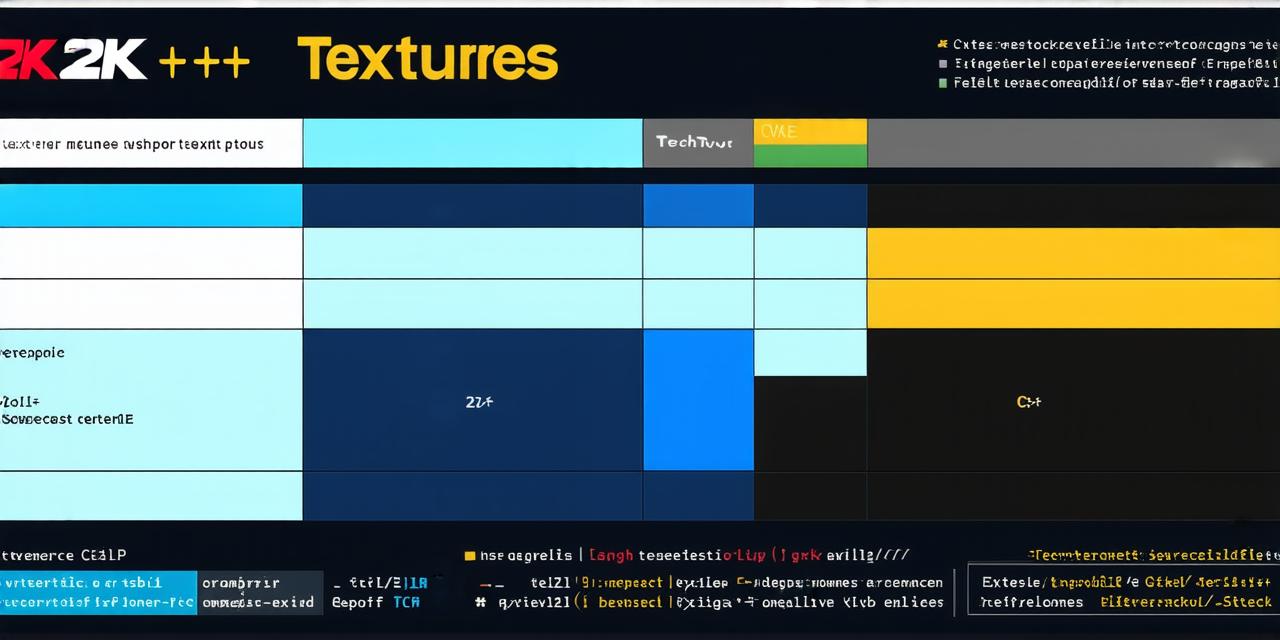As an Unreal Engine developer, you are constantly faced with the question of which engine to choose for your next project. While both engines have their unique features and benefits, it can be challenging to determine which one is better suited for your specific needs. In this article, we will explore the key factors that influence your choice between Unreal Engine and Unity, and help you make an informed decision.
Unreal Engine vs Unity: A Brief Overview
Before diving into the specific factors that influence your choice, it’s important to understand the basic differences between Unreal Engine and Unity. Unreal Engine is a real-time 3D creation tool used for game development, animation, and virtual production. It offers superior graphics quality and performance, but comes with a steeper learning curve and higher licensing costs. On the other hand, Unity is a cross-platform game engine that supports both 2D and 3D development. It has a more user-friendly interface and lower licensing costs, but may not offer the same level of graphics quality as Unreal Engine.
Factors Influencing Your Choice
1. Graphics Quality and Performance
One of the most important factors to consider when choosing between Unreal Engine and Unity is graphics quality and performance. As we mentioned earlier, Unreal Engine offers superior graphics quality and performance due to its use of advanced rendering techniques and optimized architecture. This makes it an ideal choice for projects that require high-end visuals, such as AAA games or virtual production. However, Unity also offers impressive graphics capabilities, especially with the release of Unity 2019.3 and later versions. With advancements in technology, the gap between the two engines is closing, and it’s important to carefully evaluate which one best fits your project’s needs.
2. Learning Curve and Development Time
Another factor to consider when choosing between Unreal Engine and Unity is the learning curve and development time. Unreal Engine has a steeper learning curve due to its more complex architecture and advanced features, making it suitable for experienced developers. On the other hand, Unity has a more user-friendly interface, making it easier to learn and use, especially for beginners. Additionally, Unity’s faster development time can help you get your project up and running quickly, which is particularly important in today’s fast-paced industry.
3. Cross-Platform Development
Cross-platform development is another factor that may influence your choice between Unreal Engine and Unity. While both engines support cross-platform development, Unity has a significant advantage in this area. With Unity, you can develop for multiple platforms using a single codebase, which saves time and resources compared to developing separately for each platform. This makes Unity an ideal choice for mobile game development or projects that require multi-platform compatibility.

4. Community Support and Resources
Community support and resources are also important factors to consider when choosing between Unreal Engine and Unity. Both engines have large and active communities of developers, but the level of support and resources available may vary. For example, Unreal Engine has a more comprehensive online community and documentation, including detailed tutorials and forums, which can be helpful for beginners or experienced developers alike. Unity also offers a wide range of resources and tools, such as the Unity Asset Store and the official Unity documentation, but these may not be as comprehensive as those offered by Unreal Engine.
5. Licensing Costs and Availability
Finally, licensing costs and availability are important factors to consider when choosing between Unreal Engine and Unity. Unreal Engine has a higher licensing cost compared to Unity, which may make it less accessible for smaller projects or startups. However, Unreal Engine also offers more flexible licensing options, such as perpetual licensing, which allows you to own the license outright and avoid recurring costs. On the other hand, Unity’s lower licensing cost makes it more accessible for smaller projects or startups, but may not be suitable for larger, commercial projects that require more advanced features and capabilities.




